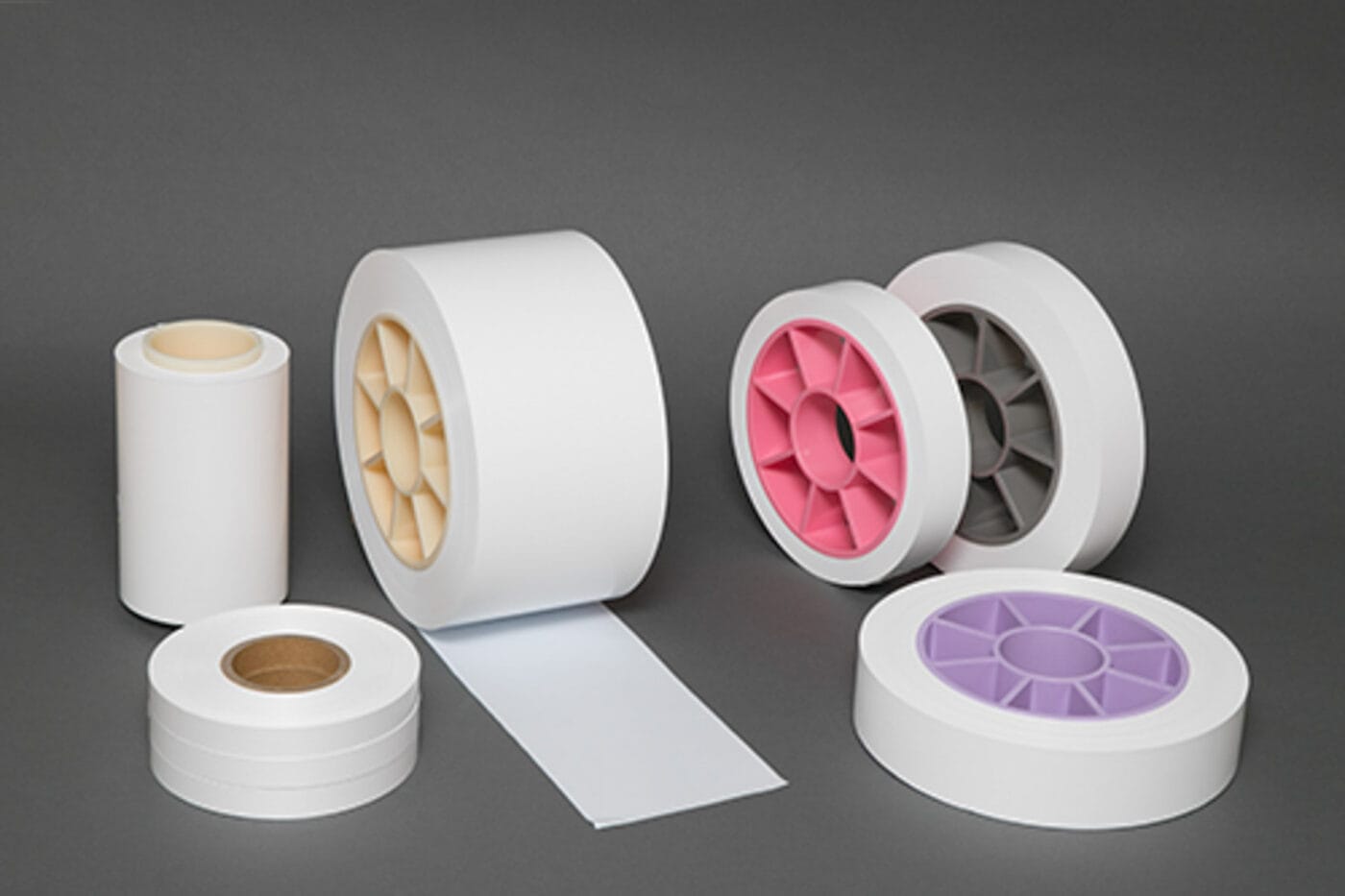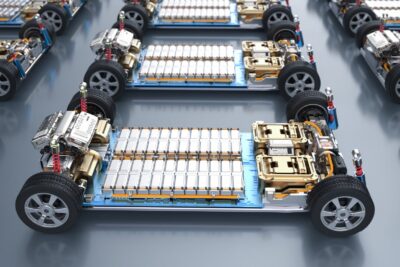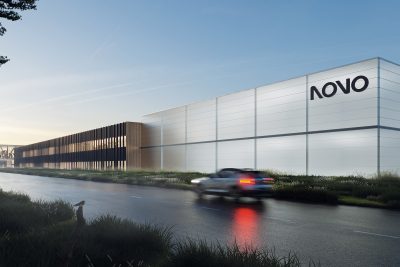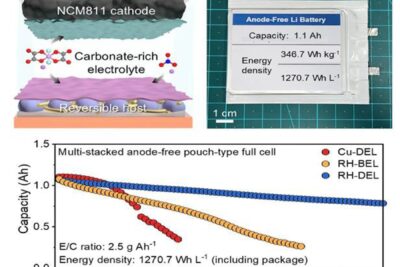Asahi Kasei supplies battery separators to Toyota subsidiary
Specifically, this involves the supply of separator films manufactured in the USA to a US plant owned by Toyota Tsusho. Although the plant is not named, it is likely to be Toyota Battery Manufacturing North America (TBMNC) in Greensboro, North Carolina. The Japanese company announced its own US battery factory in 2021, which is currently still under construction. By 2030, the factory is expected to produce up to 30 GWh of battery cells per year for hybrid cars, but increasingly also for battery electric vehicles.
The Asahi Kasei Battery Separator America (AKBSA) unit will supply Toyota Tsusho America (TAI) with Hipore battery separators manufactured using a wet process from 2027, as the technology company has now announced. Specifically, the coated separator films will come from the new coating plant currently under construction in Charlotte, North Carolina – the plant was announced in 2023. Toyota’s battery factory in Greensboro is only about an hour and a half’s drive northeast of Charlotte. Asahi Kasei is also building a coating plant in Canada, but there it is primarily for Honda.
With the local supply chain, the two companies not only want to keep transport routes as short as possible in the interests of sustainability, but also establish a stable supply and reduce the risk of market fluctuations, for example, through customs duties. “By combining Asahi Kasei’s strengths in functional materials and Toyota Tsusho’s expertise in mobility, the partnership will accelerate the adoption of high-quality wet-process separator in the North American battery market and facilitate the manufacture of higher-performance electric vehicles,” Asahi Kasei wrote in a statement.
However, the supplier did not disclose any details about the financial scope or terms of the agreement. Toyota Tsusho had already secured cathode material from LG Chem for its own cell production in 2023. However, Toyota will not only rely on its own cells for the planned US production of its electric cars, but will also source batteries from LGES in the form of prefabricated battery modules that use NCMA pouch cells with a high nickel content.
In recent years, Toyota had invested heavily in establishing electric car production in the United States, including the upstream supply chain, and had also significantly increased spending on the battery factory in 2023, with the aim of building a three-row electric SUV for the North American market at its Kentucky plant from 2025 onwards. In October 2024, however, the start of production was postponed to an unspecified date in 2026. Recently, other Japanese carmakers have also adjusted their US plans in response to emerging market developments under US President Donald Trump.
Asahi Kasei is now also emphasising the long-term prospects for production in the United States. “This alliance fits perfectly with Asahi Kasei’s global growth strategy to build and strengthen a supply chain in North America with our partners and to capture medium- to long-term growth opportunities in the electrified vehicle market,” commented Ryu Taniguchi, Lead Executive Officer at Asahi Kasei and responsible for the company’s separator business. “As a supplier of high-quality LIB separator, in partnership with Toyota Tsusho we will build an ecosystem that supports electrification in North America and leads the way to a carbon-neutral future”
Kazuyuki Urata, COO of Toyota Tsusho’s Circular Economy Division, added: “This collaboration with Asahi Kasei is an important step toward the acceleration of electrification in North America and the realization of a sustainable mobility society. Toyota Tsusho will leverage its global network and expertise in the mobility field to build a highly reliable automotive LIB supply chain, thereby creating a foundation to support the spread of electrified vehicles and the reduction of their environmental impact.”
Source: Info via email





0 Comments